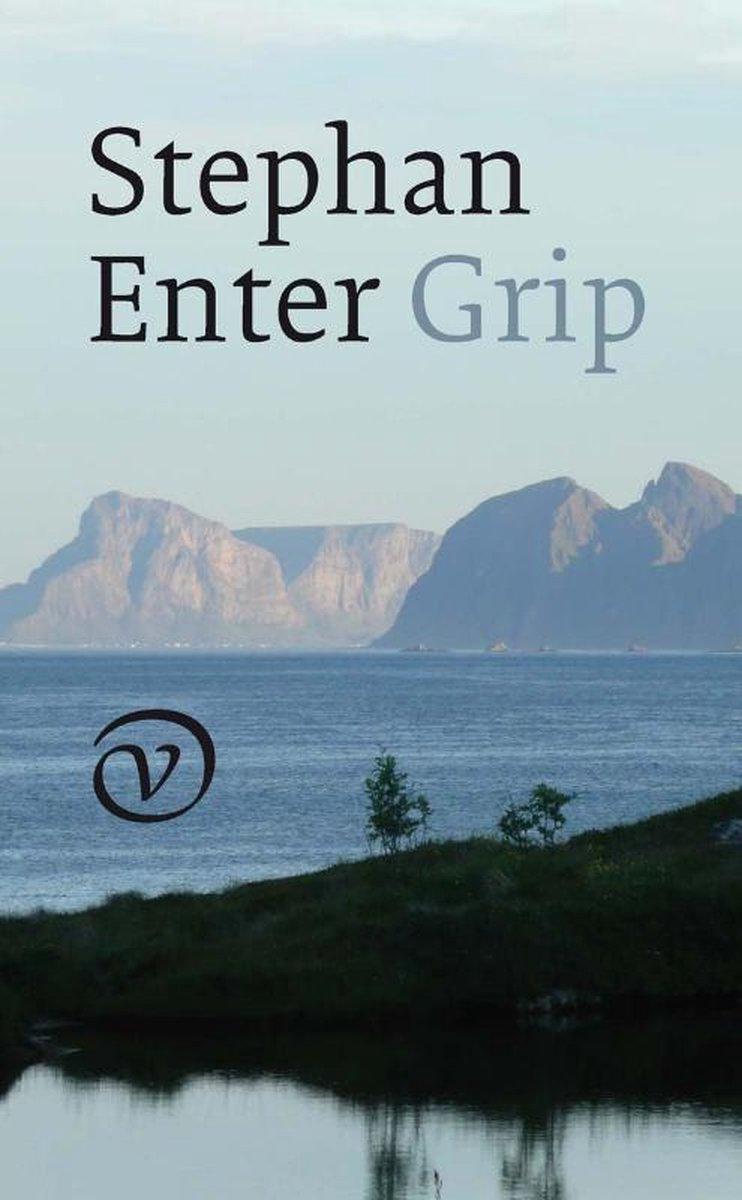Grip
'Grip' is a classic psychological novel about three men and a woman, Lotte, which ingeniously draws the reader into the lives of the characters. Vincent and Paul, both in their forties, are taking the Eurostar to Wales to see Lotte and Martin and their daughter and attend a reunion of their mountaineering club. Meanwhile, Martin is on his way to the station to pick them up. During their journey, the men think back to how they met, what life was like for them twenty years earlier and what they expected of each other in those days. These recollections reveal how much they have changed, and how much older they have become.

This touches on the central theme of Grip: the mutability of life, the loss of hopes and dreams, and the distorting power of time and memory. While travelling forward in time, you travel backward in memory. The subtle psychological portraits sketched by the author along the way are brilliant pieces of writing. Rarely has a child been captured as eloquently in words as the daughter of Martin and Lotte.
At the same time, Grip offers acute insight into a generation. The past relationships and frictions in this group of friends – along with a dose of coincidence and a few unfortunate decisions – laid down the path for their future. Their memories cover a period that is formative for many people: their university years.
In Grip, only one thing is a match for individuals and their memories, and that is the force of nature. This theme comes to glorious fruition in scenes of the far north, where the mountaineers went on an expedition twenty years earlier. The northern lights, the thin air, the ice and the mountain peaks make a person feel small: ‘No question about it – the sun would shine here even if no human had ever existed.’ Their trip to Lofoten was a turning point in their lives. ‘We’ll never be that happy again,’ Lotte says.
“A classically structured novel in which Enter’s style is complemented by flawless composition, compelling characters, existential themes and a magnificent climax – as well as two cliff-hangers.”
One of them saves another’s life, one makes a declaration of love to the wrong person, and one misses the opportunity of a lifetime. And all of them have different and contradictory memories of the trip. Twenty years later, a new confrontation with nature brings moments of epiphany. Suddenly they can clearly see their goals and the directions of their lives.
In his work, Stephan Enter makes a plea for aesthetics. Without any concessions to the Zeitgeist, the author gives us the psyche of the aesthete exposed to the power of nature, in a display of stylistic virtuosity.
“Everything moves and rolls onwards; every perspective differs; and yet the artist seeks to intervene, extracting frozen moments and weaving them together in his own prosody and rhythms. This was the classic drive behind Stephan Enter’s great novel.”
.jpg&w=640&q=75)